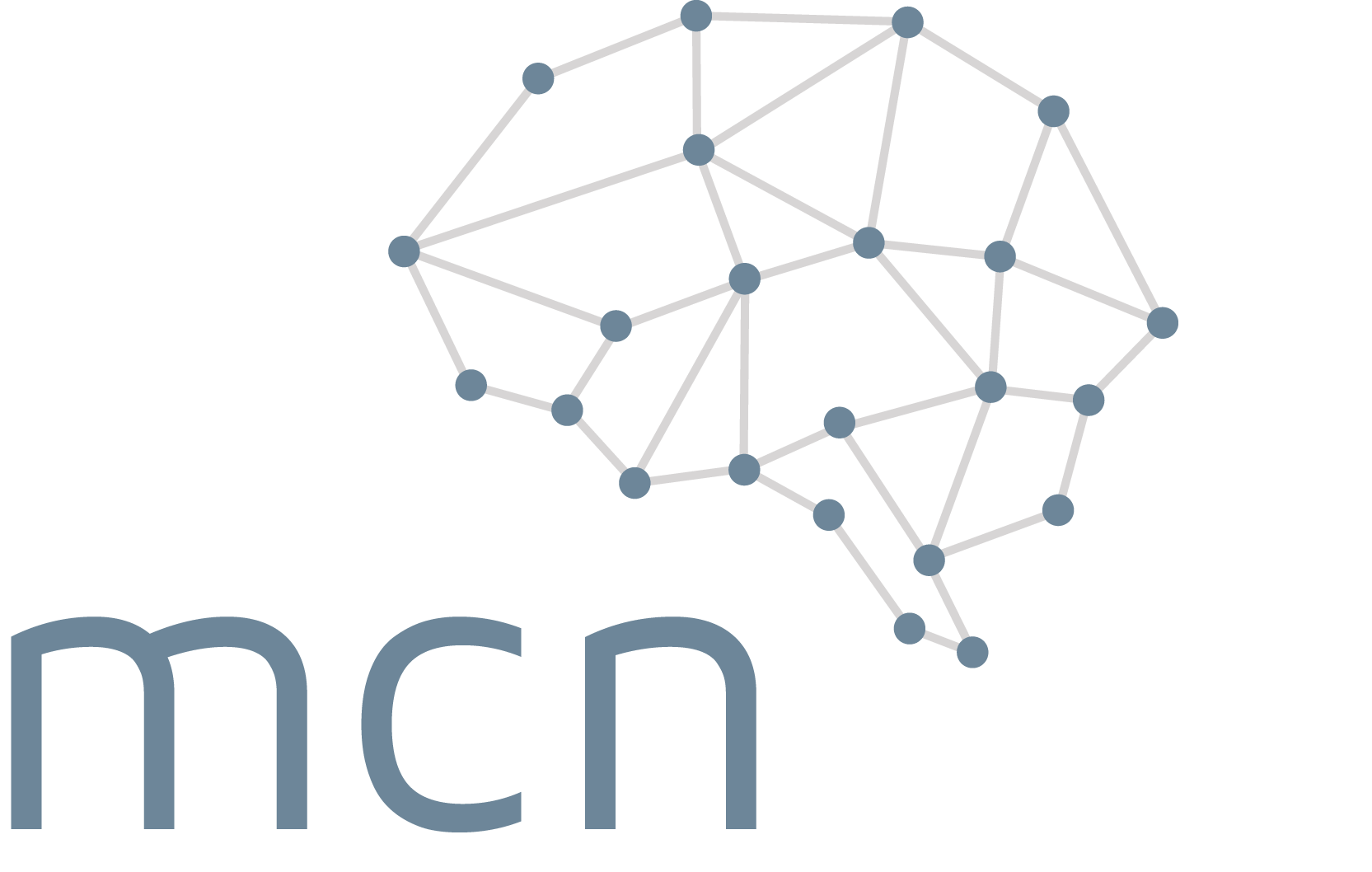ARISE: Comparing the efficacy of add-on daylight vs. artificial light therapy for inpatients with Major Depression

Depression is one of the most prevalent psychiatric disorders in the general population with a lifetime prevalence of more than 16%. Depressive disorders are characterized not only by low and depressed mood, loss of motivation and interest, hopelessness and rumination etc., but also by disruptions of sleep-wake rhythms and a desynchronization of endogenous circadian rhythms. In other words, the “inner clock” in patients with depression is out of sync. Light is the most potent “zeitgeber” (time-giver) in humans and systematic light exposure can re-establish the normal pacemaker function of the inner clock and thus lead to a reduction of depressive symptoms.
Since decades, light therapy has been successfully used to treat depression with a seasonal pattern. More recently, light therapy has also been implemented in non-seasonal depression, e.g Major Depression. However, light therapy so far has mostly been administered using special therapy lamps (artificial light, e.g. LED). To date there are very few studies investigating the efficacy of daylight therapy (ambient light) in the treatment of depression. Thus it remains unclear if light therapy using daylight is a feasible and efficacious treatment option for non-seasonal depression.
In this randomized, controlled clinical trial we aim to investigate the efficacy of daylight therapy in inpatients with a moderate to severe depression and compare it with the efficacy of a standard, lamp-administered light therapy. Patients enrolled in the study get a daily light therapy for six-week in addition to the multimodal therapy program on the ward (antidepressants, psychotherapy, art therapy, etc.). The study is conducted at the University Psychiatric Hospital (UPK) Basel, center for affective and sleep disorders (ZASS). With this study, we aim broaden existing treatment options for patients with depression. Furthermore, the results of this project could deepen the understanding of underlying circadian mechanisms of depression and help to implement circadian interventions in an inpatient setting.
Members
Collaborators
Dr. Mirjam Münch, Universität Basel, Zentrum für Chronobiologie, integrative circadian human daylight platform (iHCDP)
Roland Steiner, Universität Basel, Philosophisch-Naturwissenschaftliche Fakultät, Departement Physik
Prof. Manuel Spitschan, Max-Planck-Institut für Biologische Kybernetik, Tübingen, & Technische Universität München (DE), integrative circadian human daylight platform (iHCDP)
Prof. Dr. Annette Brühl, Chefärztin, Zentrum für Affektive und Schlafstörungen (ZASS), Universitäre Psychiatrische Kliniken Basel (UPK)
Funding
This project is funded by the Velux Foundation Switzerland.

